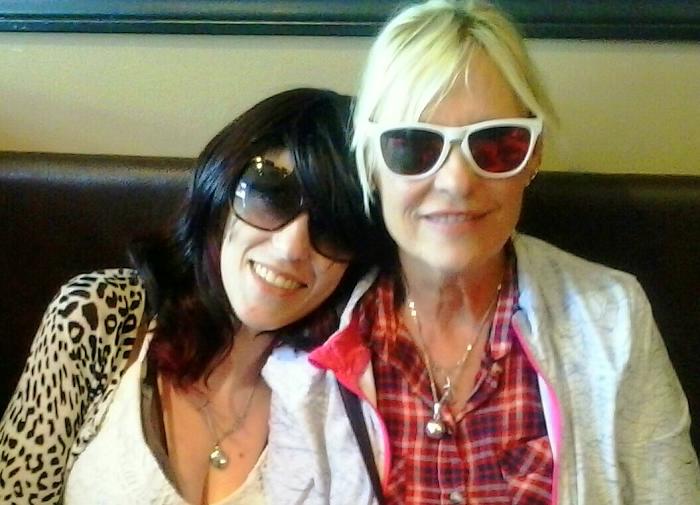A mother who spent 18 months searching for her opioid-addicted daughter on Vancouver’s Downtown Eastside (DTES) is blasting a system that she has called fragmented, and that she said puts privacy before her daughter’s well-being.

Dane Tobias’ 30-year-old daughter developed a heroin addiction six years ago.
But she said but her own efforts to find the woman on the DTES were frustrated by provincial privacy laws that prevented social workers and other officials from giving her any information.
LISTEN: Mother of opioid-addicted woman describes the challenges of getting her daughter help
Tobias said she appreciates that those laws can protect people fleeing violence. But she said they also create a barrier for caring family members who are trying to save their own children.
“If they have a caring parent who wants to help them, shouldn’t that caring parent be given a chance?” Tobias said.

Get weekly health news
“The problem is one has to discern whether they’re running away, or they’re hiding or too confused or mentally compromised to make that distinction if they have a caring parent.”
Left to her own devices, Tobias spent a year and a half travelling between Vancouver Island and the DTES.
She spent long days walking the streets of the DTES and checking SROs — including one heartbreaking stop at a shelter that her daughter had just left.
Tobias found her daughter in the end — but she said the delay came at the cost of the woman’s health.
“She’s hunching like she’s been on the streets for 30 years now, not six,” she said.
“She’s the most beautiful girl in the world and she’s just disintegrating before my eyes, I’m devastated [and] if only I could have gotten to her earlier just with a little bit of help.”
Tobias said that long and frustrating search showed her the realities of B.C.’s system — she claimed there is no centralized bureaucracy that can help parents who are trying to help their children.
WATCH: Vancouver doctor decries ‘lost generation’ of drug users

Tobias is now trying to help her daughter obtain basic necessities like housing, welfare and eventually treatment.
She said that experience has given her insight into a system she called impossible for addicts to navigate — a virtual labyrinth of paperwork and appointments, is how she described it.
Tobias is calling for more dedicated outreach workers to seek out addicts who are looking to leave the street, and who can help them find housing.
She said the province needs to centralize and streamline a process that requires addicts to provide medical histories, have checkups from doctors and be able to provide banking records.
“It’s a totally different category when you’re sick. This is on par with your grandfather getting lost with Altzheimer’s,” she said.
“You really do need someone to navigate the whole thing with you, not just start the process.”













Comments